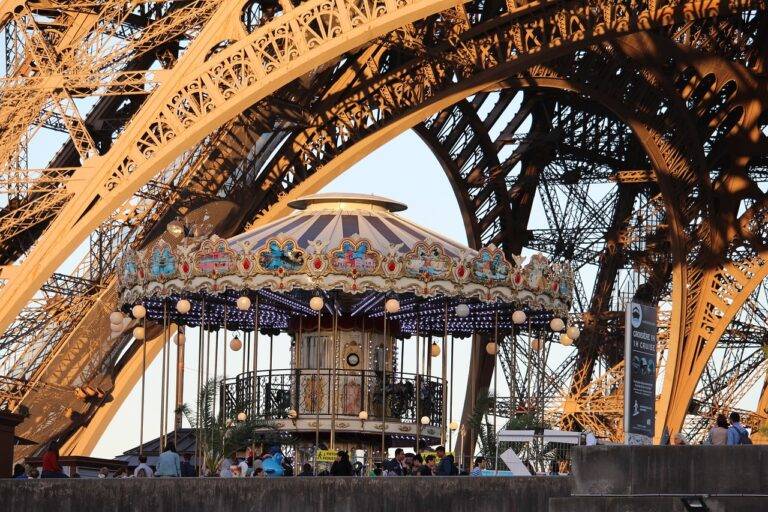Exploring the Influence of Mythology on Entertainment: Gods, Heroes, and Epic Tales
Ancient stories hold a timeless allure that transcends generations and cultures. These narratives are imbued with deep-rooted themes of heroism, love, betrayal, and destiny that resonate with audiences around the world. In modern media, the retelling of these ancient tales serves as a bridge between the past and the present, offering a fresh perspective on age-old motifs and characters.
From epic blockbusters to popular TV series, the resurgence of mythological stories and characters in modern media reflects a universal fascination with the mythic and the magical. By adapting these ancient narratives to fit contemporary contexts, filmmakers and showrunners tap into the enduring appeal of mythological themes, captivating audiences with larger-than-life adventures and fantastical worlds. Through the transformative power of storytelling, ancient myths continue to captivate and inspire, enriching our understanding of the human experience.
The Resurgence of Mythological Characters in Movies and TV Shows
Mythological characters have been making a notable comeback in the world of movies and TV shows. These timeless figures from ancient folklore and legends have been injected into contemporary storytelling, captivating audiences worldwide. From gods and goddesses to mythical creatures and heroes, these characters bring a sense of wonder and imagination to the screen.
One of the reasons for the resurgence of mythological characters in movies and TV shows is the universal appeal of these archetypes. These timeless stories and characters have been passed down through generations, resonating with audiences of all ages and cultures. By drawing on these narratives, filmmakers and showrunners are able to tap into a rich source of inspiration that transcends time and place.
• The resurgence of mythological characters allows for the exploration of universal themes such as love, betrayal, and redemption.
• These characters provide a sense of familiarity and comfort to audiences while also offering new interpretations and twists on classic tales.
• With advancements in technology and special effects, filmmakers are able to bring these mythical beings to life in ways that were previously unimaginable.
How Mythological Themes Shape Video Games and Literature
Mythological themes have long been influential in shaping the narratives of video games and literature. From Greek gods to Norse legends, these timeless stories provide a rich tapestry of characters, plots, and conflicts that resonate with audiences around the world. In video games, players often take on the role of mythical heroes embarking on epic quests filled with challenges and obstacles inspired by ancient myths.
In literature, authors draw upon mythological themes to explore complex human emotions and universal truths. By weaving these timeless stories into their narratives, writers are able to create compelling and immersive worlds that captivate readers. Whether it’s a reimagining of ancient myths or a modern interpretation of classic tales, mythological themes continue to shape and enrich the worlds of video games and literature.
How do ancient mythological themes influence modern media?
Ancient mythological themes provide a rich source of inspiration for modern media, adding depth and complexity to storytelling in video games and literature.
What are some examples of mythological characters making a comeback in movies and TV shows?
Characters such as Zeus, Hercules, Athena, and Medusa have all resurfaced in popular movies and TV shows, showcasing the enduring appeal of these mythological figures.
How do video games and literature incorporate mythological themes into their narratives?
Video games and literature often draw on themes of heroism, gods and monsters, and epic quests from ancient mythology to create compelling and immersive stories for audiences.





